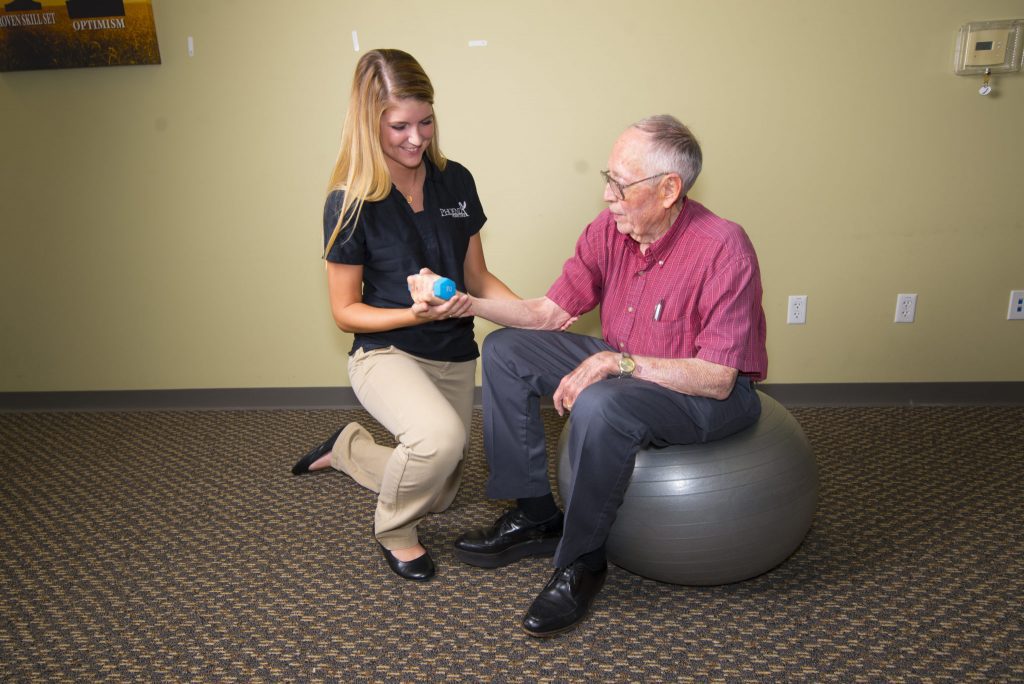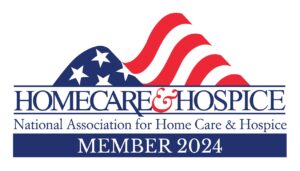According to the U.S. Bureau of Labor Statistics, the employment of registered nurses is expected to grow by 15 percent in the decade preceding 2026. That’s more than twice the rate predicted for all occupations, and it’s definitely a healthy leap in professional opportunities. With home health care’s growing popularity with patients, doctors, and insurance companies, it’s no surprise that many of those nursing jobs will involve home health services. Do you have the home health nursing skills needed to succeed in this dynamic field of health care?
What skills do I need for home health?
A certain amount of overlap between general nursing skills and home health nursing skills is to be expected, as both forms of health care delivery share a focus on providing excellent patient care. That said, taking the delivery of care out of the controlled setting provided by a hospital, nursing home, or doctor’s office and shifting it into a patient’s home presents unique challenges. As a result, home health care nurses sometimes need to hone their skills in areas where other nurses don’t. What skills do you need to thrive while working as a home health care nurse?
What clinical nursing skills do I need for home health care?
Top-notch clinical skills are necessary for every nurse, and home health care nurses are no exception. In order to meet the varied needs of their patients, home health care nurse should be able to deliver skilled services like the following:
- Assessment and skilled observation
- Wound care and dressing changes
- Injection administration
- IV monitoring
- Tube feeding
- Catheter insertion and monitoring
- Tracheostomy care
- Medication administration
- Patient and caregiver education
What interpersonal skills do I need for home health care?
Interpersonal skills are another vital tool for home health care providers. Strong communication skills allow nurses to impart and receive crucial information during patient visits, and solid interpersonal skills help them to forge connections, establish trust, and build positive relationships with their patients, improving their ability to provide quality care.
What active-listening skills do I need for home health care?
Active listening involves more than the ears. Home health care nurses must listen to the words their patients are saying and also observe their body language. By taking in these nonverbal cues, they are able to identify their patient’s unspoken needs or concerns. This type of communication also helps patients to feel truly understood, which can strengthen the relationship between patient and nurse and pave the way for effective care.
What critical-thinking skills do I need for home health care?
While home health care nurses are part of a collaborative team of doctors and medical professionals that work together to provide quality patient care, they are often alone as they operate on the front lines. Because much of their work is completed independently, home health nurses must have robust critical-thinking skills. Their patients are depending on their ability to integrate information, outcomes, experiences, and other evidences and use that data to identify and solve problems either independently or in conjunction with the patient’s care team.
Why do I need creativity for home health care jobs?
Hospitals, clinics, rehabilitation centers, and doctor’s offices are settings designed for the efficient delivery of health care services. A patient’s home is not. That difference means that home health care nurses sometimes need to get creative. Learning to observe and make use of the patient’s surroundings can be an important step in delivering superior care.
Why do I need organizational skills in home health?
When they’re on the job, nurses rarely get much time to relax. With so many important tasks to accomplish each day and no room for oversights or errors, organizational skills are a must. This is especially true for home health nurses who travel from one patient to another. Their car serves as a mobile office, and they cannot easily turn to a coworker if they fall behind or misplace a needed supply. Knowing what needs to be done, prioritizing these tasks, ensuring that they have the necessary resources on hand, and keeping everything in order allows these nurses to keep moving and to provide the necessary care to the patients on their schedule.
Why is professionalism important for home health jobs?
Professionalism encompasses an individual’s appearance, their conduct, and their attitude. By delivering compassionate, effective care while maintaining a friendly but professional demeanor, home health care nurses serve as positive representatives of their field. Perhaps more importantly, they reassure their patients that they are in good hands.
Why should I work for Phoenix Home Care & Hospice?
Do you find satisfaction in helping others but dread the thought of spending your workdays confined to an office or health institution? Do you have the home health nursing skills needed to provide superior care? At Phoenix Home Care & Hospice, we work diligently to help our employees become top-quality caregivers by providing them with the opportunities, resources, and support that they need to thrive. If you’re interested in working as a home health care nurse, visit our career page today.






